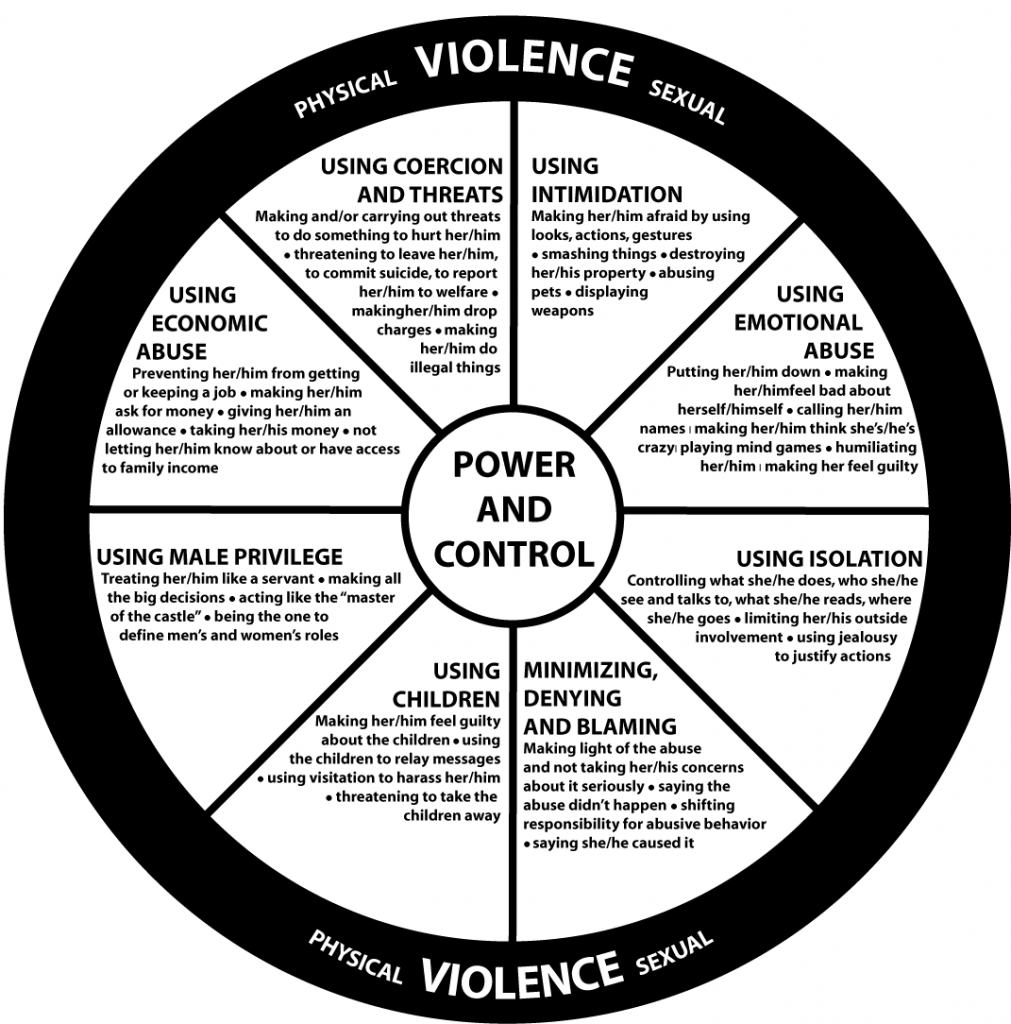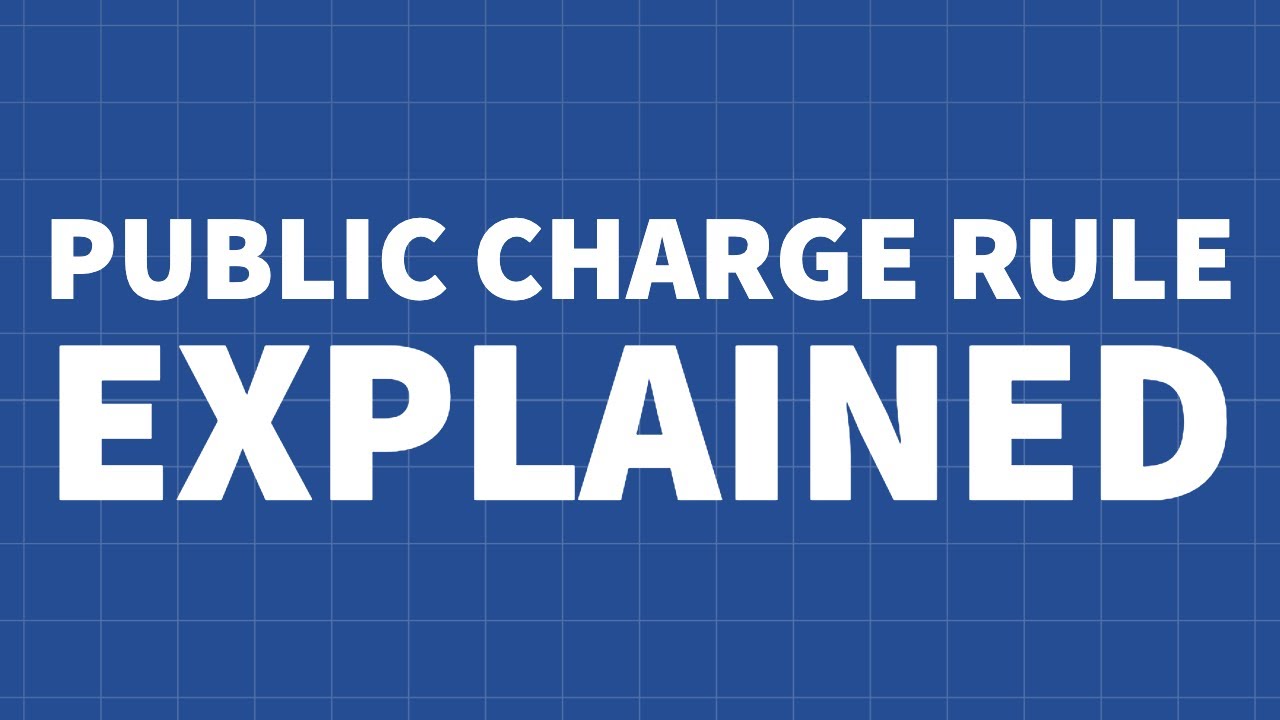Each requestor, including noncitizen stepchildren, must file a separate Form I-131F requesting parole in place, and each requestor must have their own USCIS online account. A parent or legal guardian may create an online account for their minor child if the purpose is to submit a form on behalf of the minor. If a parent or legal guardian is not available, a primary caregiver or legal assistance provider may also help a child create their own USCIS online account. Information on creating a USCIS online account is available on the How to Create a USCIS Online Account page.
UPDATE effective 08/26/2024:
Administrative Stay of Keeping Families Together - as of August 26, 2024, temporarily can't file a I-131F, application for Parole In Place.
On Aug. 26, 2024, the United States District Court for the Eastern District of Texas, in Texas v. Department of Homeland Security, issued an administrative stay, preventing the Department of Homeland Security (DHS) from granting parole in place under Keeping Families Together for 14 days.
To comply with the district court’s administrative stay, USCIS will, until further notice:
Not grant any pending parole in place requests under Keeping Families Together.
Continue to accept filings of Form I-131F, Application for Parole in Place for Certain Noncitizen Spouses and Stepchildren of U.S. Citizens.
Continue to schedule biometric appointments and capture biometrics at Application Support Centers (ASCs).
The district court’s administrative stay order does not affect any applications that were approved before the administrative stay order was issued at 6:46 p.m. Eastern Time on Aug. 26, 2024. Individuals granted parole in place under this process before the administrative stay order was issued may still file for any other immigration benefit for which they may be eligible, including employment authorization and adjustment of status to that of a lawful permanent resident.
Please note: You can only apply for employment authorization after your Form I-131F is approved. If you file your Form I-765, Application for Employment Authorization, before USCIS approves your Form I-131F request under this process, USCIS will reject or deny your Form I-765.
Biometric Appointments
USCIS continues to schedule biometric appointments consistent with the administrative stay order issued by the district court on Aug. 26, 2024. All individuals with biometric appointments should plan to appear at their appointment at the scheduled date, time, and ASC indicated on their notice. Individuals should not arrive on a different date, unless they have rescheduled their appointments. Individuals who were turned away at an ASC will have their appointment rescheduled by USCIS.
As a reminder, individuals must print their biometric appointment notice and bring it with them to their appointment. In addition, if individuals are unable to attend the appointment, they can reschedule using the online rescheduling request process, as long as rescheduling takes place before the initial appointment expires. For more information, see the Preparing for Your Biometric Services Appointment page.
-------------
Who is eligible to apply for Parole in Place under this new program?
Q. What are the eligibility criteria for Keeping Families Together?
A. To be considered for this process as a noncitizen spouse of a U.S. citizen, you must:
- Be present in the United States without admission or parole;
- Have been continuously physically present in the United States since at least June 17, 2014, through the date of filing your request;
- Have a legally valid marriage to a U.S. citizen on or before June 17, 2024;
- Have no disqualifying criminal history and otherwise not deemed to be a threat to public safety, national security, or border security; and
- Submit biometrics and undergo required background checks and national security and public safety vetting.
- Have been under the age of 21 and unmarried on June 17, 2024;
- Be present in the United States without admission or parole;
- Have been continuously physically present in the United States since at least June 17, 2024, through the date of filing your request;
- Have a noncitizen parent who entered into a legally valid marriage with a U.S. citizen on or before June 17, 2024, and before your 18th birthday;
- Have no disqualifying criminal history and otherwise not deemed to be a threat to public safety, national security, or border security*; and
- Submit biometrics and undergo required background checks and national security and public safety vetting.
All such requests for parole in place are considered on a case-by-case basis for urgent humanitarian reasons or a significant public benefit, in the exercise of discretion, taking into account the totality of the circumstances of each individual request.
Application for Parole in Place must be filed only ONLINE using a new online form I-131F.
Application fee is $580 per person.
Approval is not guaranteed because it is a discretionary and decided on a case-by-case basis.
If approved, will be granted parole under 212(d)(5) for 3 years.
Under section 212(d)(5)(A) of the Immigration and Nationality Act (INA) to allow certain noncitizen “applicants for admission” to be present in the United States on a temporary, case-by-case basis for urgent humanitarian reasons or a significant public benefit.
If approved, can apply for adjustment of status (aka Green Card) if eligible.
If approved, can apply for a work permit under c(11).
Applying for Employment Authorization
After you are granted parole in place under Keeping Families Together, you may apply for discretionary employment authorization from USCIS. To apply for an Employment Authorization Document (EAD) as a parolee, you must submit Form I-765, Application for Employment Authorization, using the (c)(11) category code with either the required fee or a fee waiver request.
To file Form I-765 online, eligible applicants will access their USCIS online account at my.uscis.gov.
Leaving the United States
A grant of parole in place through Keeping Families Together does not authorize parole back into the United States if you decide to depart. If you depart the United States after being granted parole in place, your period of parole will automatically terminate. If you depart the United States without first obtaining an Advance Parole Document, you run a significant risk of not being able to return to the United States and you may also be ineligible for future immigration benefits.
CAUTION: Travel outside of the United States, even with advance parole, may have severe immigration-related consequences, including with respect to potential inadmissibility or execution of an outstanding order of removal. Parole into the United States is not guaranteed even if you have been granted advance parole prior to leaving the country. You are still subject to immigration inspection at a U.S. port of entry to determine whether you may be paroled into the United States and whether you are eligible for the immigration status you seek. For further information, see our Travel Documents page. Consultation with a qualified attorney or accredited representative is strongly advised prior to any travel outside of the United States.
Subsequent Filing of Form I-130 or Form I-360 Petition
A grant of parole in place does not establish eligibility for future immigration benefits, including an immigrant petition or lawful permanent resident status. To establish eligibility for lawful permanent resident status, the petitioning U.S. citizen spouse or parent of a parolee must file Form I-130, Petition for Alien Relative, or in the case of certain widow(er)s and their children, parolees must file Form I-360, Petition for Amerasian, Widow(er), or Special Immigrant.
USCIS will determine eligibility for those petitions in a separate adjudication. For purposes of Form I-130 based on marriage, you must demonstrate that you entered into a bona fide marriage with the beneficiary, and for a Form I-130 for a stepchild, you must demonstrate a bona fide stepparent-stepchild relationship.
There are additional requirements for Form I-360 for certain widow(er)s and their children, including filing deadlines, residence requirements, and marital status requirements. A stepchild may remain eligible for an immigrant petition despite their parent’s marriage to a U.S. citizen being terminated through death of either parent or divorce, so long as a bona fide stepparent-stepchild relationship continues to exist following the death or divorce.
Subsequent Filing of Form I-485
A grant of parole in place does not by itself establish eligibility for adjustment of status to lawful permanent resident under INA section 245(a). A grant of parole in place satisfies the requirement under INA section 245(a) that the applicant has been inspected and paroled by an immigration officer.
However, it does not satisfy any other requirements for adjustment of status, including the requirement to have an approved immigrant petition with a visa immediately available and establishing that the noncitizen is not inadmissible under any applicable ground in INA section 212(a), 8 U.S.C. 1182(a).
If granted parole in place, the noncitizen would need a qualifying family member to file Form I-130 on their behalf, or file Form I-360 on their own behalf (if not previously filed; see above). The noncitizen would also need to file Form I-485, Application to Register Permanent Residence or Adjust Status, and possibly Form I-601, Application for Waiver of Grounds of Inadmissibility, if needed.
С сегодняшнего дня 19 августа 2024 открылась программа, о которой было объявлено в июне. Подача заявления на пароль возможна только онлайн: форма I-131F и госпошлина 580 на человека. Это не заявление на грин карту, а заявление на тип гуманитарного пароля для тех, кто въехал в США без визы. Если пароль утвердят, затем можно будет подавать на разрешение на работу и на грин карту.
Form I-131F guide is here.
Form I-131F.
Additional information.
Hope you find this information helpful!
If you need help, please email to schedule a consultation or use our online scheduler.










 RSS Feed
RSS Feed